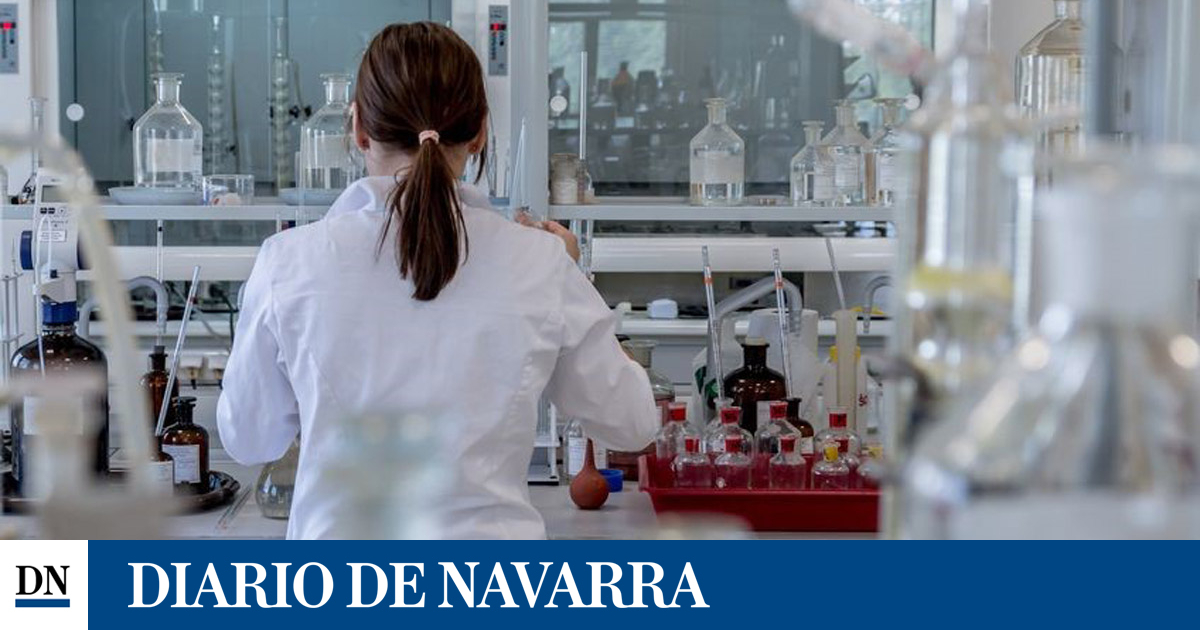Cancer progression is characterized by the interaction of gene changes and mutations.

Cancer progression is significantly influenced by interaction between gene copy number changes and mutationsaccording to a study conducted by scientists from IRB Barcelona.
Cancer is caused by genetic changes that occur in our cells over time and exist mainly two types of changes: somatic mutationswhich are changes in the DNA sequence, and variations in gene copy number in particular.
Before this project, published in the journal Nature Communications, it was known that these two types of changes interact to cause cancer, but scientists from IRB Barcelona They delved into the mechanism of action.
This study, funded by the European Research Council (ERC), the regional government and the Spanish Ministry of Science and Innovation, confirms that copy number reduction correlates with mutations in tumor suppressor genes, making it difficult to detect their protective functions against cancer.
On the other side, increase in the number of copies correlates with a large number of mutations in oncogenes that contribute to the development of cancer.
“As the number of gene copies increases, so does the number of gene copies decrease stimulate the evolution of cancer“Explained Dr. Fran Supek, head of the Genome Data Science laboratory at IRB Barcelona and professor at the Center for Biotechnology Research and Innovation at the University of Copenhagen (Denmark).
Scientists have developed a new method called MutMatch to study the combined effects of mutations and copy number changes in cancer by analyzing genetic data from approximately 18,000 tumors to find out the patterns of genetic changes.
“These events are critical for understanding later stages of tumor progression. “because they establish complex interactions between different genetic changes and how they collectively contribute to cancer development,” explained Dr. Elizaveta Besedina, first author of the study and member of the Genome Data Science research group at IRB Barcelona.
This study provides roadmap for future research in cancer genetics because by studying the interactions between different types of genetic changes, scientists can gain insight into deeper understanding how cancer develops and progresses.
Likewise, this knowledge may lead to the development of new and more effective treatments for the disease.
